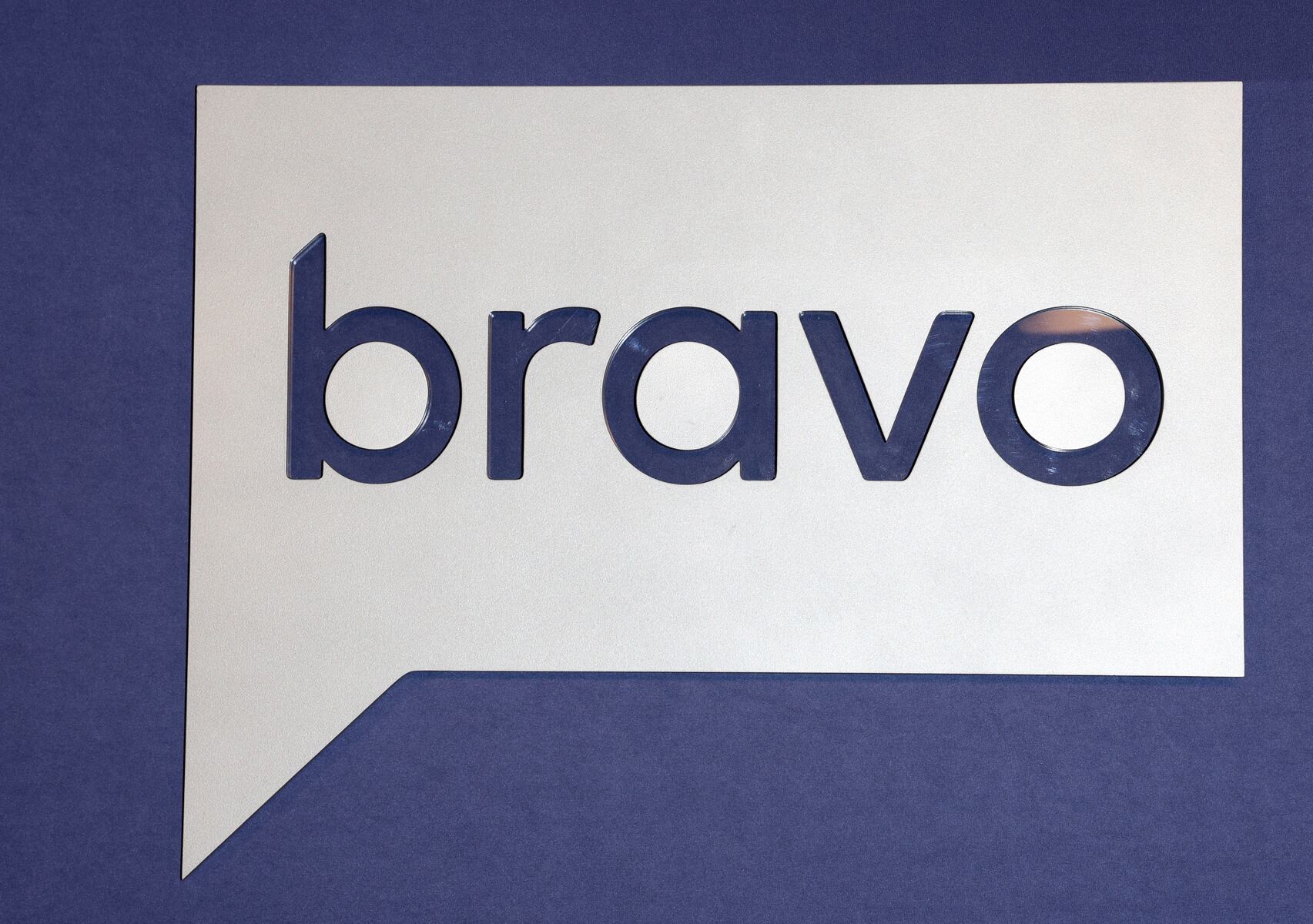BREAKING: The revolutionary Galleri blood test has demonstrated the ability to identify over 50 types of cancer, marking a significant leap in early cancer detection. New data from a trial in North America confirms that this test could transform cancer diagnosis by identifying cancers that currently lack screening programs, with 75% of detected cancers falling into this category.
In an urgent announcement today, researchers revealed that the Galleri test successfully detected more than half of the cancers at an early stage, when treatment is most effective. The test, produced by Grail, works by identifying fragments of DNA released from tumors into the bloodstream, offering a non-invasive method for diagnosis.
During the trial, nearly 1 in 100 participants received a positive result, with 62% of these cases later confirmed as cancer. Notably, when combined with existing screening methods for breast, bowel, and cervical cancers, the overall detection rate surged by a staggering seven-fold.
This breakthrough is especially impactful for cancers like ovarian, liver, stomach, bladder, and pancreatic cancers, which currently lack effective screening options. Dr. Nima Nabavizadeh, Associate Professor of Radiation Medicine at Oregon Health & Science University, emphasized that these findings could “fundamentally change our approach to cancer screening” and enable earlier detection, significantly increasing the chances of successful treatment.
While the results are promising, experts urge caution. Clare Turnbull, Professor of Translational Cancer Genetics at The Institute of Cancer Research, London, stated, “Data from randomized studies, with mortality as an endpoint, will be absolutely essential to establish whether seemingly earlier-stage detection by Galleri translates into benefits in mortality.”
The urgency of this research is underscored by ongoing trials in the UK, where the NHS is set to conduct a three-year study involving 140,000 patients. Results from this trial are expected to be published in 2024, and if successful, the NHS plans to extend testing to an additional one million individuals.
Sir Harpal Kumar, President of Biopharma at Grail, remarked, “We think these results are very compelling. The opportunity in front of us is that we can find many more cancers – and many of the more aggressive cancers – at a much earlier stage when we have more effective and potentially curative treatments.”
As the conversation around early cancer detection evolves, Naser Turabi of Cancer Research UK cautioned that further research is crucial to prevent overdiagnosing cancers that may not pose a significant risk. The UK National Screening Committee will play a vital role in reviewing the data and determining the future integration of the Galleri test into the NHS.
The implications of the Galleri test are profound, potentially changing the landscape of cancer diagnosis and treatment. Stay tuned for more updates as this story develops.







